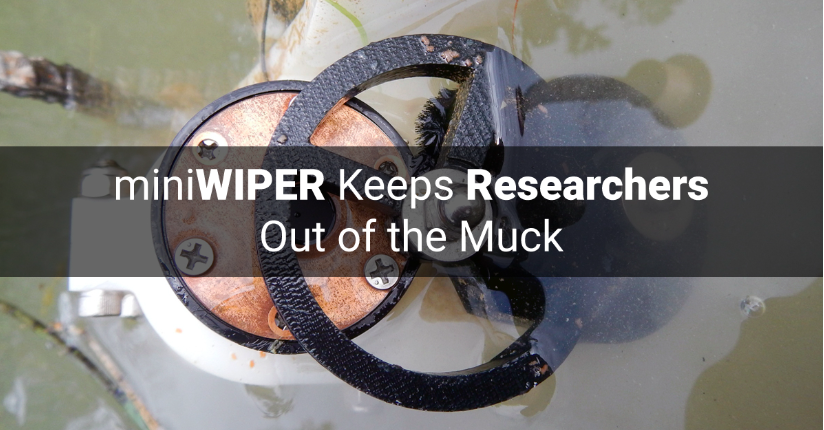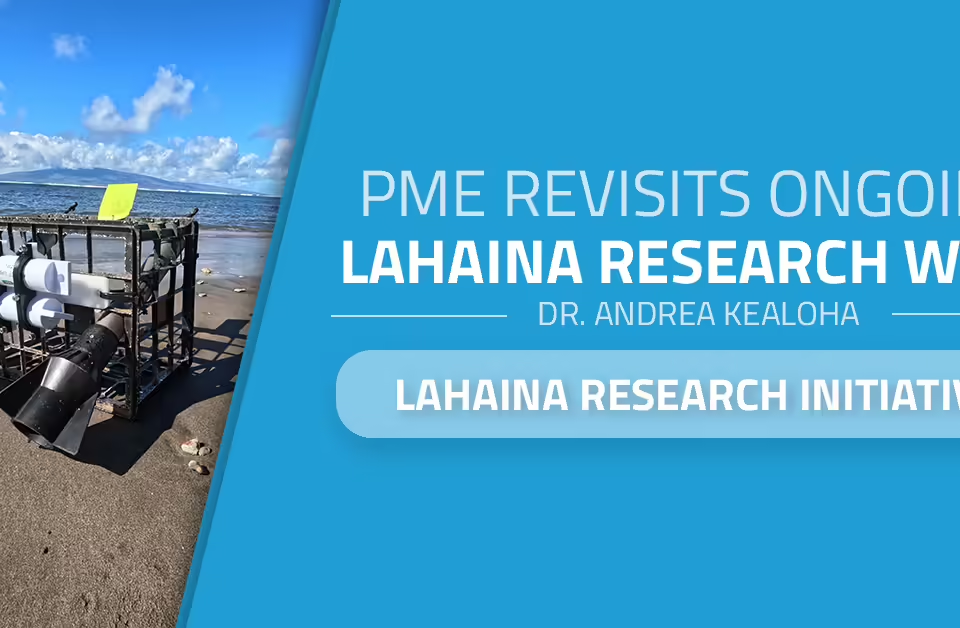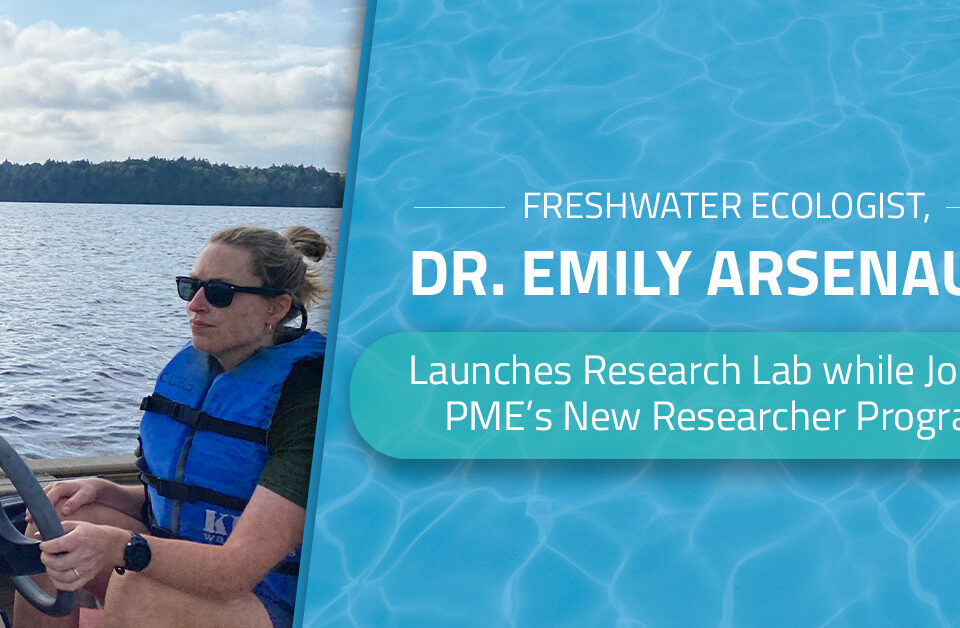
miniDOT Loggers Observing Eutrophication in New Zealand
April 15, 2018
Florida’s Red Tide and How to Monitor It
September 14, 2018Although most welcome spring with open arms, warmer months tend to bring increased algal growth. Algal blooms not only affect the water in which they bloom, but they also affect the organisms in and around that water. That includes researchers. Because of the severity of algal blooms, it’s important to be able to identify their early signs.
Algal blooms result from a combination of environmental factors such as light, temperature, and the amount of nutrients being released into the water to name a few.
Keep an Eye Out for Nutrients Overloading
Weeds may seem like a natural part of the environment, but when found in abundance near water, weeds are a key indicator that you have an algae problem or that one is developing. Excess weed growth is not just a side effect of algae growth; they’re actually part of a larger problem.
When weeds die, they decompose, leading to the development of muck in the water. Over time, this decomposed matter turns the bottom of waterways into a compost pile. This compost pile enables the growth of weeds and algae as the nutrients are released back into the water after decomposition, a process called internal nutrient overloading.
The development of muck is a product of water that lacks dissolved oxygen, meaning there’s no longer enough aerobic bacteria in the water to out-compete weeds and algae for nutrients. What is left is an algae problem to deal with.
Getting out of the Muck
Algal blooms make it more difficult for researchers to take accurate measurements. PME has developed a miniWIPER for two of their products, the miniDOT® Logger and the Cyclops – 7 Logger, to help keep researches out of the muck.
Both devices have a small brush that rotates over the sensor in order to wipe the sensor’s surface. The brush ultimately rests away from the sensor, allowing for monitoring to continue without interruption. Powered by two lithium batteries, the wipers can be programmed to wipe at different times. The wipers are effective anti-fouling devices that keep organisms from growing on the sensor, thereby providing for consistently accurate data.
Interested in learning how a miniWIPER could improve your research? Contact us today for a quote!






